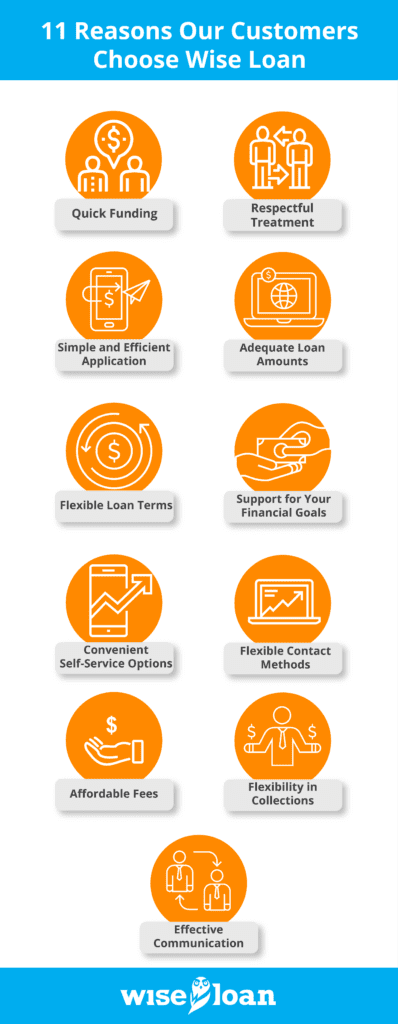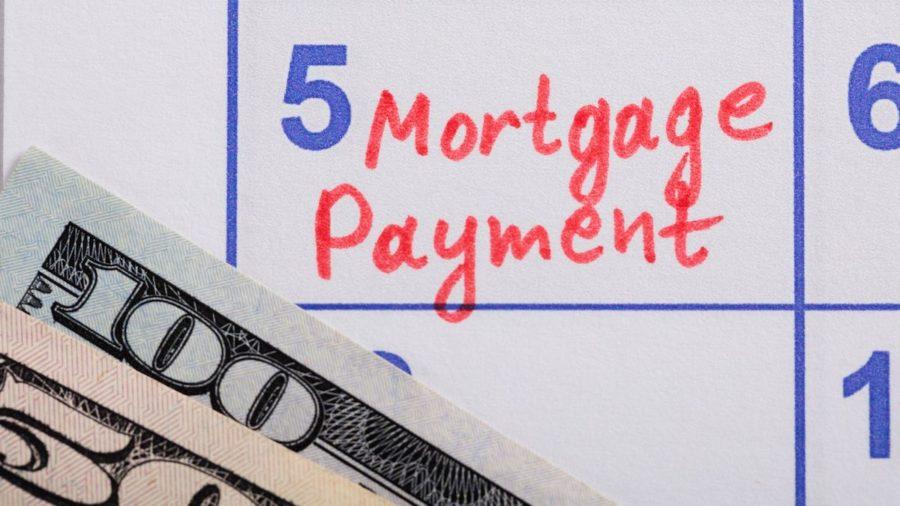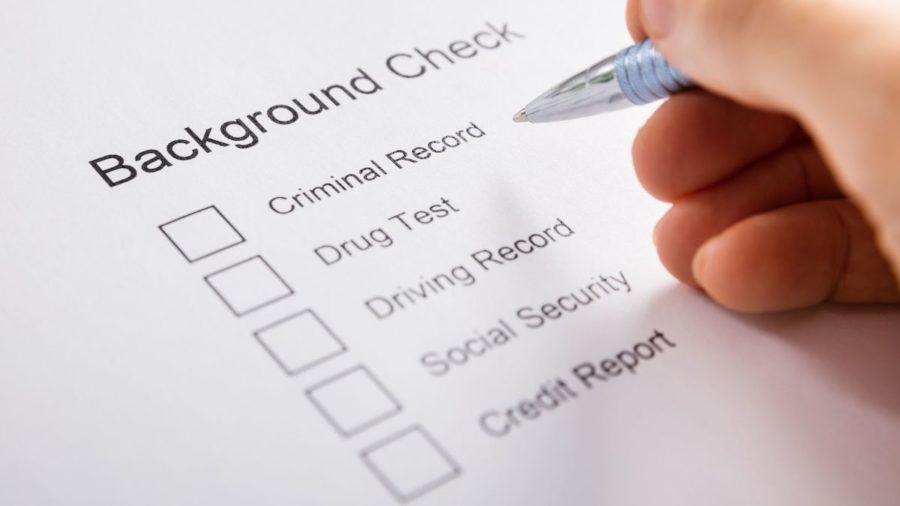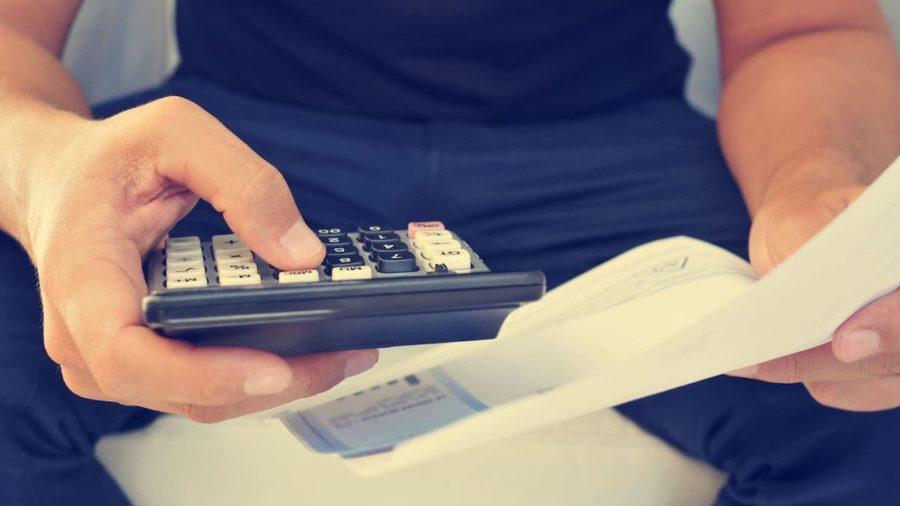
Although people with low credit ratings and shorter credit histories usually have trouble getting approval for personal loans, they have several borrowing options. Keep reading to understand better how to get online loans with bad or poor credit and which options are available.
What is Bad Credit?
To understand bad credit online loans, you should first know the term bad credit. You'll have bad credit if you have a history of not paying your bills on time or have too much debt. Bad credit is a score below 580 under the FICO credit scoring model and below 660 under the VantageScore model. Lenders often refer to scores in this area as Subprime loan.
Having bad credit can make it harder for you to accomplish several primary financial activities, including getting a new credit card or mortgage. You might even have to settle for a low credit limit and high-interest rate, and having bad credit could even stop you from getting that new job.

How Does Someone Get a Bad Credit Score?
Your credit scores can use completely different metrics to determine if someone has good or bad credit, too. So, the reason your credit score is good or bad may not be the same for someone else. Nevertheless, knowing the common factors that lead to poor credit might help you avoid the mistakes that can take years to fix.
The five common causes of bad credit include:
Late or missed payments
Your payment history determines 35% of your credit score. If you're late on payments for more than a month, the creditor might have informed the credit bureaus. The information records in your credit report.
Consistent delays with payments to lenders, credit card companies, or even utility providers will affect your credit score. If you do not attempt to repair your bad credit, it can lead to your credit score being classified as bad.
A charge-off
When a creditor discovers that you do not intend to pay the balances, your accounts are declared as a charge-off. Your credit score may drastically drop if you have an account charged off. The credit bureaus receive a notification when an account is charged off. This information stays on your credit report for seven years from when your account became delinquent.
Collection accounts
If you fall behind on your payments, the creditor or lender can sell your account to a debt buyer or transfer it to a collection agency. It usually happens a few months after you are delinquent, not paying the minimum payment, or begin missing payments.
Generally, a creditor doesn't have to inform you before it sends your debt to a debt collector, but a creditor usually will try to collect the debt from you before sending it to a collector. However, you may receive a notification if your account sells to a debt buyer. The agency or buyer will then attempt to retrieve that debt from you.
A collection account can be reported to only one or all three credit bureaus (Equifax, TransUnion, and Experian) and reflected on your credit reports. Depending on the credit scoring model, it can also hurt your credit scores.
Defaulting on loans
The treatment of loan defaults is the same as that of an account charge-off. The account is marked as defaulted if you have missed more than one payment and do not pay the balance at the end of the month. The lender will forward the information to the credit bureaus, harming your credit score. Prospective lenders can perceive such borrowers as a credit risk who are unlikely to repay loans.
Filing bankruptcy
You may file for bankruptcy to obtain legal protection if you cannot pay your debts. Your credit report filing will note the bankruptcy, which will remain for seven years. Most lenders are hesitant to lend money to borrowers with a history of bankruptcies and court cases on their financial condition due to the complexity of bankruptcy cases. So, filing for bankruptcy can be the most damaging event of any credit score.
What if I Didn't Get a Loan Because of Poor Credit?
Getting personal loans with bad credit may be challenging, but it is possible. If a lender rejects your loan application due to bad credit, there are ways you can still secure a personal loan, and one of them is with a cosigner. You can also reapply for a loan with a credible co-signer if you get a bad credit loan with unfavorable rates because of your scores.
Most lenders believe that a borrower with an impressive credit score is more likely to repay their loan on time. So, the person you select as a co-signer should have a good to excellent credit score, a steady income, and complete knowledge of the responsibilities of being your co-signer. It could be your spouse, guardian, parent, close relative, or friend. Your co-signer's good credit works as a security for the lender.
A co-signer for a loan can be a great option to get the money you need, but it has its pros and cons, like any other loan. You should make payments on time to protect your and your co-signer's credit score. Set up autopay for your bills to ensure you never forget a payment due date.
The Difference Between Bad Credit and No Credit
If you have no credit, it means you've never applied for a loan, credit card, or any other type of source of finance before. It means there is no record of your credit history with the three major credit reporting agencies. Such borrowers are referred to as credit invisible by the Consumer Financial Protection Bureau (CFPB).
On the other hand, bad credit indicates you have negative borrowing behavior. Your bad credit results from a credit history of missed payments, charge-offs, collection accounts, bankruptcies, or other negative entries on your credit reports.
What are Bad Credit Online Loans?
A bad credit online loan is a loan for borrowers irrespective of credit score and credit history. When applying for these loans, you can expect lenders to consider factors like income, employment status, and debt-to-income ratio. You can improve your credit with the help of these loans, enabling you to eventually qualify for loans with better conditions and other financial prospects.

How Can I Get Online Loans With Poor Credit?
Yes, you can get the cash you need with one of the many online loans available to those with bad credit. Many online bad credit loan choices offer speedy application and quick funding. As mentioned earlier, lenders may consider factors other than your credit score to determine your creditworthiness when you apply for any bad credit online loan.
Types of Online Loans With Bad Credit
There are many ways that you can apply and get approval for a loan with bad credit. Below are some of the most common types of loans available.
Personal loans
A personal loan is a sum of money acquired from a lender and paid back over a predetermined period in fixed payments. You can get a personal loan from a bank, credit union, or online lender. Bad credit may be acceptable to get a personal loan from online lenders.
There are numerous uses for personal loans, including the following ones:
- Debt Consolidation
- Covering emergency expenses
- Funding home improvement and repairs
Personal loans can be of two types, unsecured or secured. Unsecured personal loans are those where the borrower is not required to use any of their assets as collateral to get the funds. Secured personal loans, on the other hand, require collateral to secure the loan.
Line of credit
Like a credit card, a personal line of credit allows borrowers to only pay interest on the money they use, regardless of their total available credit. Lines of credit are significantly different from the majority of personal loans. Generally, you receive a lump sum payment for personal loans. However, borrowers can decide the sum they want to borrow with a line of credit. You can keep requesting more money as the outstanding balance is paid off.
Online credit lines are typically available for people with bad credit. Numerous lenders provide online application options and examine factors other than the borrower's credit score.
Online lenders typically have less stringent eligibility conditions and quicker funding for credit lines than banks, sometimes as soon as the same day. However, online lines of credit usually have higher interest rates than those offered by banks.
Joint personal loans
A joint personal loan is a loan that includes more than one borrower, often known as co-borrowers. The co-borrower shares equal responsibility for loan repayment and a portion of the loan proceeds with you from the start. So, both co-borrowers must be able to repay the borrowed amount to qualify for these loans.
Suppose your co-borrower has a better financial standing than you do. In that case, you could qualify for credit that you would not otherwise be able to on applying alone. For instance, you might receive approval for a loan with better terms, a higher amount, or a cheaper interest rate.
While timely payments can positively impact the credit ratings of both borrowers if the lender reports to the credit bureaus, failing to make payments can make things worst. Therefore, parents or spouses are often co-borrowers on joint personal loans.
Peer-to-peer loans
Peer-to-peer loans are another popular category of personal loans. As opposed to a traditional bank loan, a peer-to-peer loan helps you get a loan from a person or group of people. Peer-to-peer lending is called crowd, social, and P2P lending. It involves matching borrowers and lenders via an online service. This online service sets the interest rate and loan terms for P2P lenders.
The peer-to-peer loan application procedure is similar to other online lending options for borrowers. Before connecting you with potential lenders, the peer-to-peer lending company you choose can undergo a pre-qualification process to determine your eligibility. Peer-to-peer loans may be a more cost-effective choice with improved customer service. However, peer-to-peer lending does have its share of disadvantages as well.
Short term loans
The most significant differentiating factor between short-term and traditional personal loans is their repayment periods. A short-term personal loan can have a payback time of as little as a few weeks. A standard personal loan can have a repayment period of several years.
For people with bad credit, short-term loans can be a good option. When you apply for a short-term loan, lenders might ask for your credit score and other documents, like your paystubs, to better understand your financial health.
Like any online loan application, the short-term personal loan approval process follows the same steps. You receive a funding offer, an interest rate, and other terms after approval, which you can accept or reject. This process can be completed online, like most other personal loan options.
Payday loans
In most cases, payday lenders don't look at your credit score when considering whether to give you a loan. Payday loans are riskier because they have higher interest rates. These loans usually have two to four weeks for repayment and are often for less than $500.
Because they are so simple to obtain, people with poor credit ratings frequently use these loans. A valid ID, a bank account, and adequate income documentation are all you need. The principal, service charges, and interest are typically payable on the following payday after you get the loan. They are designed ideally for short-term financial needs.
Since payday loans may cost more than bad credit loans because of the interest rates, some states do not offer online payday loans. In contrast, others have tighter laws to safeguard customers.
Benefits of Online Loans for Poor Credit
Getting an online loan with poor or terrible credit has the following benefits:
Easy application
With all the necessary documents, you can complete your online application for a loan with bad credit from the comfort of your home in just a few minutes.
Quick funding
Once you submit and get approval for your online bad credit loan application, you may receive the funds as soon as the same day or within 24 hours.
Bad credit, no problem
Many lenders will consider your income, employment history, and current debts to determine eligibility. So, applicants with fair or poor credit can also apply and get approved for an online loan.
How to Apply for Bad Credit Online Loans?
Online loans for bad credit come with a quick application process that you can complete in just a few minutes. The following steps can help you to apply for an online bad credit loan:
1. Check your credit score to know where you stand
2. Find and compare different online lenders for bad credit
3. Gather all the necessary documents required for the loan application
4. Fill out and submit your loan application to the lender
5. Wait for approval and receive your funds

Which Online Loan for Bad Credit is Right for Me?
A few critical factors exist when choosing the right online loan with a bad credit score. For example, consider getting an installment loan if you require a substantial amount to pay for a home renovation project or an unexpected medical expense.
Here are some key factors to consider for choosing an online loan for bad credit:
Loan amount: When selecting which online bad-credit loan to apply for, consider how much money you require. Typically, payday loans provide you with a few hundred dollars to cover expenses until your next paycheck. Conversely, consumers with bad credit may be eligible for more significant loan amounts from installment loans and title loans.
Loan type: Choose between a secured and an unsecured online loan for those with bad credit. A secured loan for people with bad credit can be the best option if you're willing to provide collateral and need a more significant loan amount. However, you might consider obtaining an unsecured loan to avoid losing a valuable object you used as collateral.
Repayment terms: Before signing the loan agreement, be sure it offers a solid repayment plan. Some online loans for customers with bad credit must be paid back in total, while others have terms that might run for several months or even years. Choose whether you want to pay back an online loan for people with bad credit all at once or gradually.
Conclusion
Applying for bad credit loans online can be an excellent way to raise your credit score and qualify for a lower APR. However, this can only happen if your lender reports timely payments to the credit bureaus.
While getting approved with poor credit is possible with various loan options, you may be better off waiting to get better interest rates and save money. If you don't need funds urgently, you can hold off on applying for a loan until you can raise your credit ratings. It could help you save on monthly payments and interest fees over the loan term.
Suppose your loan application was previously declined due to bad credit. In that case, you could improve your credit by focusing on the reasons in your declination letter. Next, you can take advantage of your free credit report and check to see if there's anything else you need to address.
Read More






































